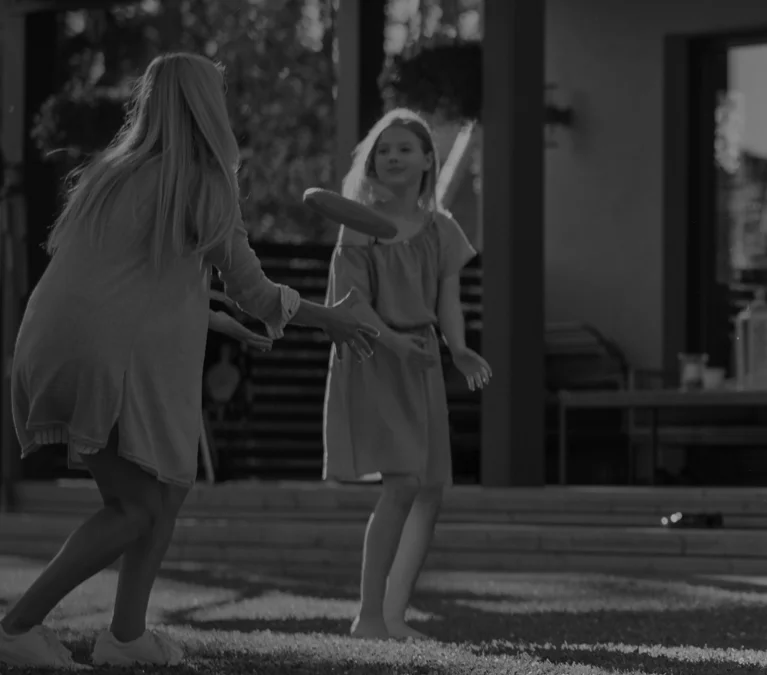Parenting Modifications Attorney in Knoxville, TN
Family dynamics often change after a divorce or custody order is finalized. When those changes impact a parent’s ability to follow an existing parenting plan, legal action may be necessary. At Easter & DeVore, we represent clients in the Knoxville, TN area who need help modifying custody or visitation arrangements. Whether you’re seeking more time with your child or responding to a modification request from the other parent, our experienced team is here to guide you through the legal process.
Understanding Parenting Plan Modifications
In Tennessee, a parenting plan outlines each parent’s rights and responsibilities, including schedules for custody and visitation, decision-making authority, and dispute resolution procedures. Once approved by the court, this plan becomes a legally binding order. However, if significant changes occur in a parent’s or child’s life, a modification of the parenting plan may be appropriate.
To modify a parenting plan, the requesting parent must demonstrate two things:
- A material change in circumstances has occurred since the original order was entered.
- The proposed change is in the best interest of the child.
Our attorney helps clients evaluate whether their situation qualifies for a modification and gather the necessary documentation to support their case.
Common Reasons for Parenting Modifications
There are many life changes that may justify a parenting modification in Tennessee. Some of the most common include:
- A parent’s relocation for work or family reasons
- Changes in the child’s school, health, or developmental needs
- A parent’s job loss, change in work schedule, or remarriage
- Evidence of parental misconduct, such as substance abuse or neglect
- Consistent failure to comply with the current parenting plan
Easter & DeVore works with parents to present these changes clearly to the court and advocate for adjustments that serve the child’s best interests.
Legal Process for Modifications
Modifying a parenting plan begins with filing a petition to modify with the appropriate Tennessee court. The court will evaluate whether a material change in circumstances has occurred and whether the requested change supports the child’s physical and emotional well-being. If the parents agree on the proposed changes, the process may be resolved quickly through a modified parenting plan submission.
However, if the modification is contested, the court may require mediation or a formal hearing to determine the outcome. Our legal team is prepared to represent your interests in negotiations and in court, always focused on securing a result that supports your child’s stability and growth.
Enforcing and Defending Against Modifications
If you are the responding parent, you have the right to contest a proposed change. We defend clients against modifications that are unwarranted or not in the child’s best interests. Additionally, if a parent is failing to comply with an existing order, we can assist in enforcing the terms of the current parenting plan through legal channels.
Contact Easter & DeVore
When life changes impact your parenting arrangement, Easter & DeVore can help you seek or respond to a modification in Knoxville, TN. Our family law attorney is here to provide clear, effective guidance tailored to your unique situation. Contact us today to schedule a consultation and ensure your parenting plan reflects your family’s current needs.


